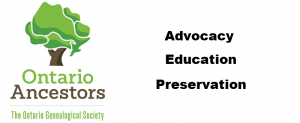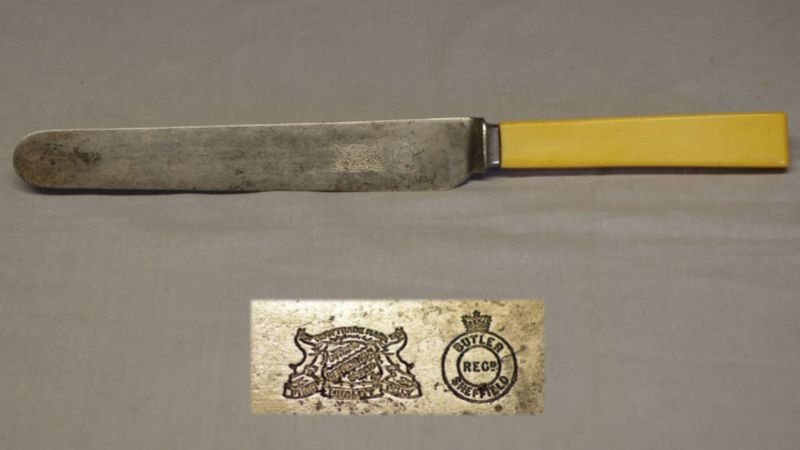
The first Back to Our Past Virtual has added three talks on Genetic Genealogy by Gerard Corcoran, Founder ISOGG Ireland.
The full program of talks, available for 10 Euros, $15.65 Cdn, from Wednesday for one month is:
Introduction message by Tourism Ireland
CEO Niall Gibbons
Discovering Irish Pets and Their Families in the National Archives of Ireland Collections on Ancestry.com
Dr. Jennifer Doyle and Valerie B. Prince.
Tracing your Irish ancestors in Australian records
By Debra Carter, Ancestry
Basic Principles for Family History; Combining DNA & Traditional Research Methods
Eamon Healy, Ancestry
The evolution of Generic Genealogy in Ireland
Gerard Corcoran, Founder ISOGG Ireland
Using Genetic Genealogy to understand Celtic Migrations
Gerard Corcoran, Founder ISOGG Ireland
Towards a Genetic Genealogy driven Irish Reference Genome
Gerard Corcoran, Founder ISOGG Ireland
Exploring Belfast’s Shipyard Heritage with Dan Gordon
Dan Gordon, a well-loved actor, director and playwright explores his family heritage at Titanic Belfast.
Using the National Archives to research your ancestors
Tom Quinlan, National Archives
How young people can become Family History Detectives
EPIC The Irish Emigration Museum
How Emigration Changed Ireland The EPIC Museum
Presented by Dr Maurice J Casey, DFAT – talk explores how emigration, particularly in the 19th and 20th centuries, shaped Irish history
Discovering the Forgotten Soldier in Your Family History
Thomas Murphy, IGRS
The history of GAA Football – Part One
Presented by best-selling author and broadcaster Eoghan Corry
The history of the GAA – Part Two
Presented by best-selling author and broadcaster Eoghan Corry
The history of Hurling – Part Three
Presented by best-selling author and broadcaster Eoghan Corry
Finding Irish Ancestors in Glasgow City Archives
Dr. Irene O’Brien, Glasgow City Archives
Church records in Scottish archives
Dr. Irene O’Brien, Glasgow City Archives
Poor Law Records in Glasgow City Archives
Dr. Irene O’Brien, Glasgow City Archives
Tracing Irish emigrants to Australia
Rhona Gleeson, Ancestry.com
Sources for researching a convict ancestor
Tom Quinlan, National Archives
Using IrishGenealogy.ie for Irish family research
Brian Donnelly, National Archives
Researching Irish Emigrants to the United States
Pamela Holland, TILDA, The Irish American Genealogical Research Association
Preservation and storage of family history documents
Christine Deakin, Irish Genealogy Solutions
Introducing the Accredited Genealogists Ireland, its work and its members
Anne Marie Smith (AGI)
Researching in the 1901 and 1911 Census of Ireland
Nicola Morris (AGI)
Searching for ancestors in Irish Civil Records
Sandy O’Byrne (AGI)
How to find what you’re looking for in Roman Catholic records in Ireland
Joan Sharkey (AGI)
Territorial Divisions in Ireland
Helen Kelly (AGI)
Being Prepared for Researching in Irish Records
Paul Gorry, Accredited Genealogists Ireland (AGI)
The Importance of Griffiths Valuation in Family Research
Michael Walsh, Accredited Genealogists Ireland (AGI)
Researching the Irish Diaspora
Lorna Moloney, Merriman Research
The Story of Skelig Michael
Lorna Moloney, Merriman Research
A personal appraisal of William Butler Yeats
Presented by Sir Bob Geldof
Being a lifetime James Joyce groupie
By Roger Cummiskey
How to trace your Northern Ireland ancestors
Brian Mitchell, Derry Genealogy Services
The origins of Irish family names
Lorna Moloney, Merriman Research
Video footage from World famous Riverdance














